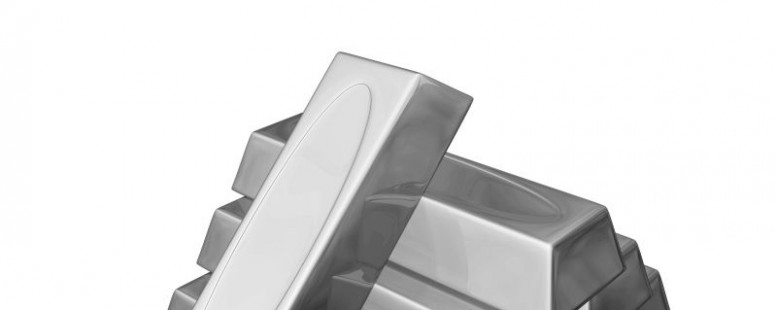Our Opinion: 2014
Will Russia buck the rout in emerging markets?

Investors are continuing to desert emerging markets, with more than $6.3bn pulled out in the week ending 29th January. The Emerging Market MSCI Index has lost 7% so far this year. Many individual markets have lost significantly more. And it’s isn’t just the markets which have fallen, but the currencies too. So far this year, the Argentinian peso is down almost 20% whilst the Rouble is more than 7% lower than at the start of the year.
Money is now flowing back to the rich world. Interest rate will eventually rise, making risky, emerging market assets less attractive. This is particularly difficult for countries who borrow from abroad since they spend more than they earn. To keep that foreign money in the country, the yield on local assets must be attractive, meaning higher interest rates, which leads to a squeeze on growth. This is particularly evident in Turkey today where rates are increasing purely to keep foreign money in, despite the effect it is having on the domestic economy.
Emerging markets can no longer be seen as a single ‘asset class,’ as investors are differentiating between economies that have got their act together and tackled reforms (such as Mexico) in contrast to markets like Argentina. A 1990s style emerging market rout is, therefore, unlikely.
Russia has been one of the main casualties in the sell off, with the Rouble hitting a record low against the Euro and a 5 year low against the US Dollar. The Economist recently reported that the economy is “condemned to stagnation.” The economy has been coasting on the energy boom for years, and (now that oil and gas prices are no longer surging), GDP growth is likely to fall to just 2% per year. The state is inefficient, corruption is rife, labour costs are high and investment low – except for prestige projects like the Winter Olympics.
It has one incredible attraction, though. It is cheap. Russian shares have gone nowhere for years. If one looks at the value of shares relative to a company’s earnings projections, the price to earnings ratio is 5.5. By comparison, the FTSE 100 in the UK is 12.3. Stocks have an extremely attractive dividend yield of 4.2%. Mark Dampier (Head of Research at Hargreaves Landsdowne) said last week “The Russian market has been on its knees for three or four years. It is unfashionable, unloved and unwanted. That tends to add up to a buy.”
For an adventurous investor, I agree with that sentiment, as part of a wider portfolio.
